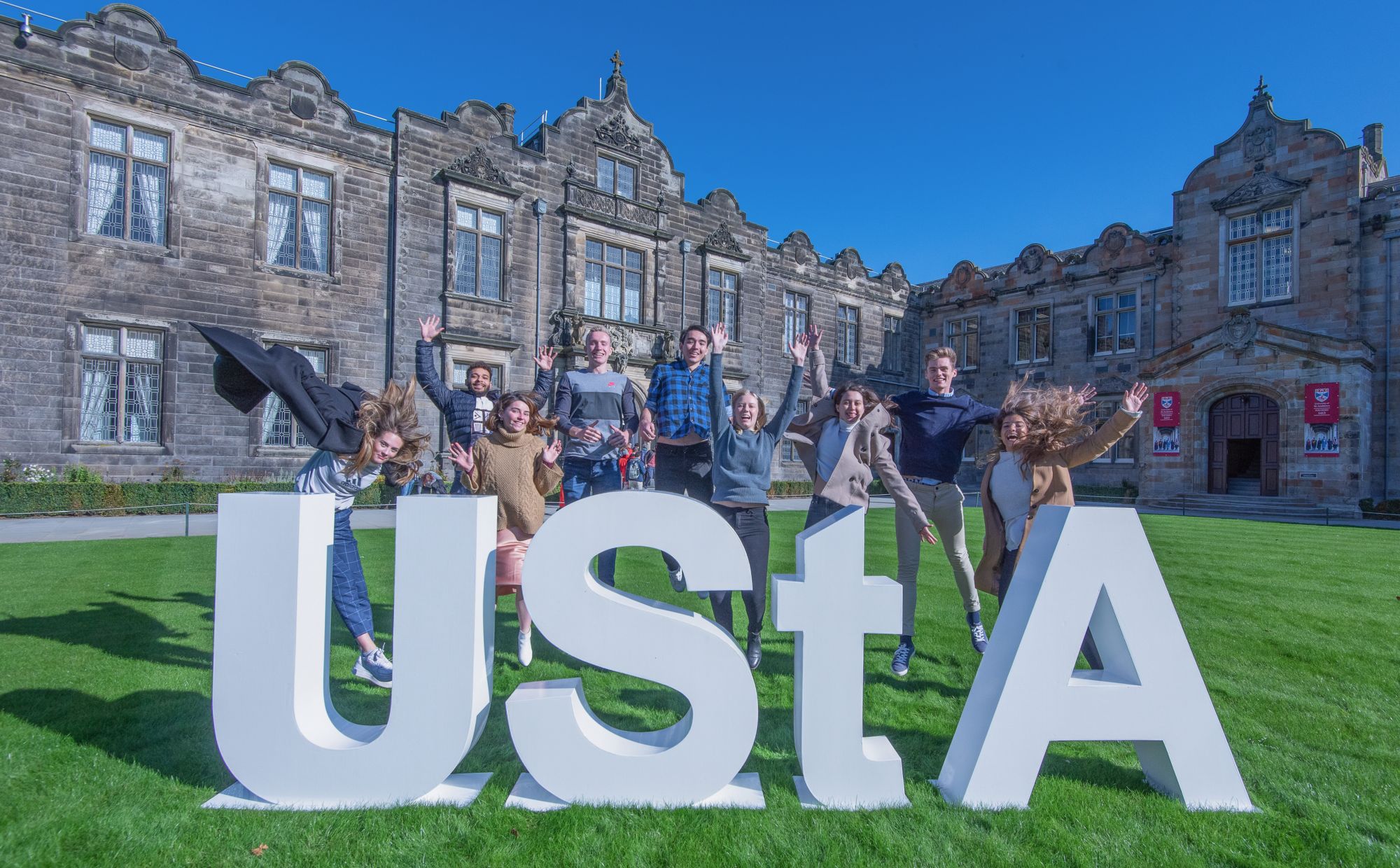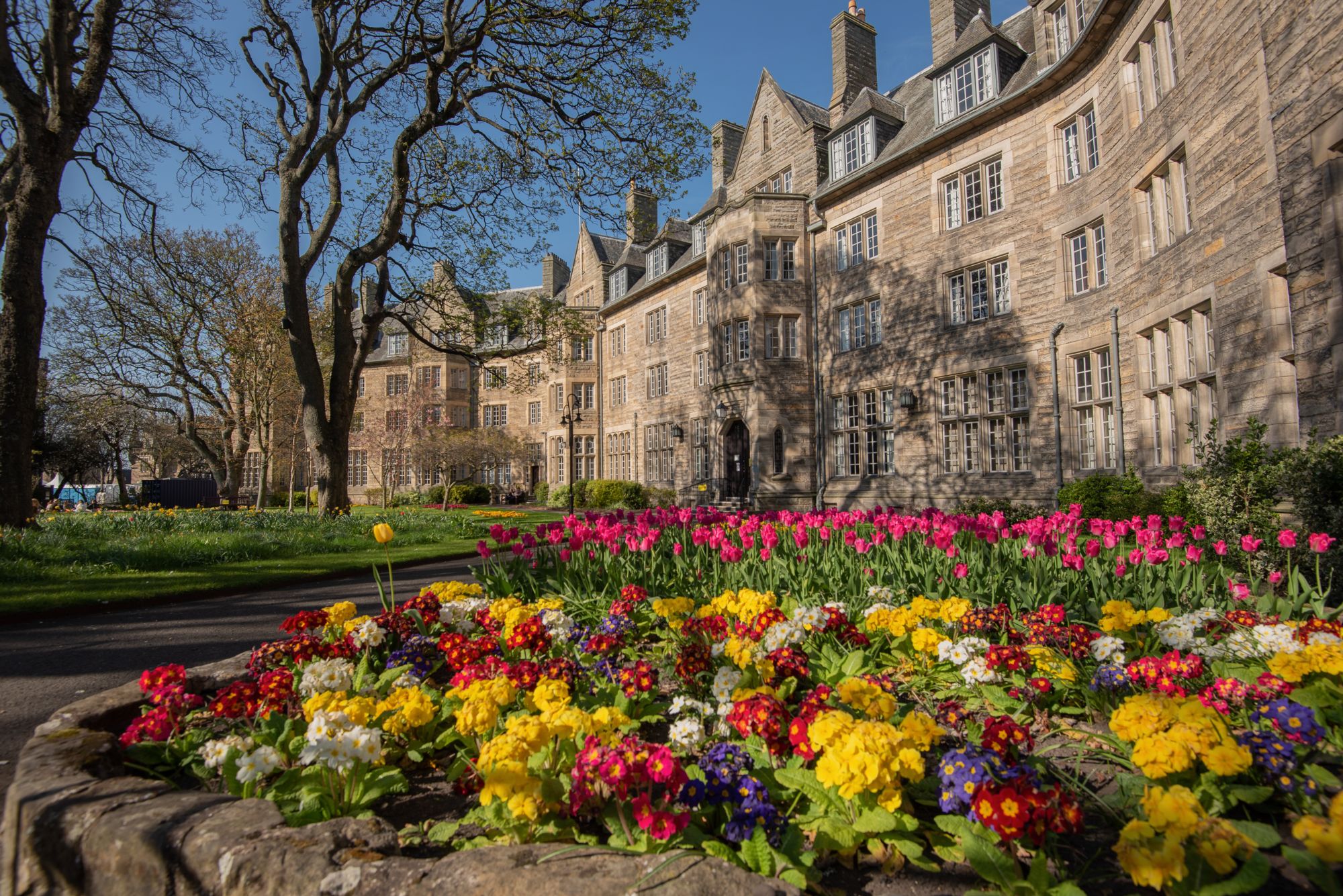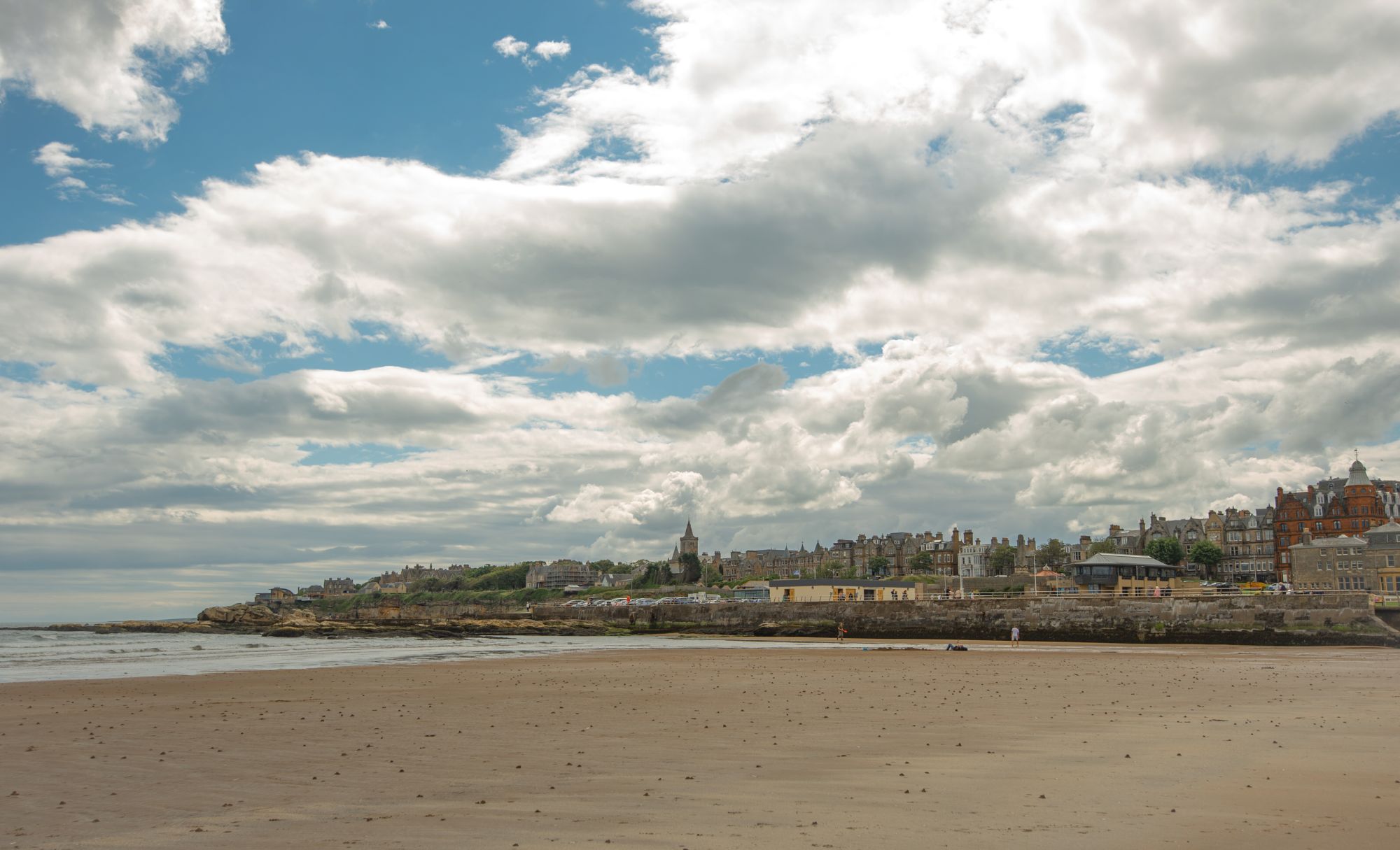Visiting Students: Things to Know Before You Arrive in St Andrews
A ‘Before You Arrive’ checklist for incoming study abroad, exchange, and visiting students

When preparing for your study abroad or exchange placement, it can feel as though there is an endless list of tasks to complete before you arrive. We have put together this guide to give you an overview of all the information you need to know.
Activating your online account
Once you have confirmed your offer of admission, you will receive an email with your St Andrews username and instructions on how to activate your University account and email.
You must activate your account in order to complete online registration and make module choices. If you have any technical problems, the IT Service Desk will be your main point of contact for all computer, internet and other IT-related issues.
Apply for your student ID (matriculation) card
You must apply for your student ID (matriculation) card as soon as possible to allow time to produce your card ready for your arrival. Cards are normally collected at matriculation during Orientation week.
Your card serves as your identification as a St Andrews student, is used to gain access to many buildings (including the Library and Union) and is used to check out books from the library.
Apply for Accommodation
If you are an undergraduate study abroad student planning to stay in University halls of residence, you must apply for accommodation by the appropriate deadline to be guaranteed a place. Deadlines to apply can be found under the apply for accommodation tab.
You can apply for accommodation 48 hours after you receive and accept an offer of a place to study at the University. You should apply as soon as possible, regardless of whether your offer is conditional or unconditional.
Find out more about Accommodation at St Andrews on the University website.

Pre-advising and Advising
When will this take place? New students complete pre-advising in the summer before arrival or, for those arriving in semester two, in January.
Pre-advising is an online process during which you submit your provisional module choices via the academic advising system. This must be completed before attending your in-person advising meeting. Students will be notified by email when the academic advising system becomes available.
During Orientation you will attend Advising where you will be able to discuss and finalise your course selection with your Adviser of Studies who can give further advice, approve and change your selection where necessary.
Online Matriculation
When will this take place? Registry will send access details to your University email address in August, for semester 1 and full year entrants, or January for semester 2 entrants.
Students will be expected to complete the online part of matriculation through the student portal, MySaint, before attending advising, where possible.
Registry will send access details to your University email address in August for semester 1 entrants or January for semester 2 entrants.
Some tasks you can expect to complete during online matriculation include:
- pay any programme or accommodation fees (where applicable)
- update personal details
- read visa and passport information for UK Visas and Immigration (UKVI) documentation checks
- sign up to the Matriculation Agreement (University terms and conditions)
Healthcare
You should check that you have the correct insurance or healthcare coverage before travelling to the UK. Arrangements for international students will depend on your visa status and any reciprocal health arrangements which the UK has in place with your country.
Some key things to note are:
- If you are studying at St Andrews on a Student visa, you will be charged an immigration health surcharge when you apply for your visa, which gives you the same access to NHS services as permanent UK residents.
- Students that are studying in St Andrews for less than 13 weeks cannot register fully with the medical practice. However, if an appointment is required to see a doctor or nurse, then you will be seen as a ‘temporary resident’.
- All international students will need to change to a UK sim for their mobile phone whilst studying at St Andrews in order to access NHS services, including urgent medical care.
Further guidance is available on the Global Office and Student Health Hub webpages.
Visas
International students require a visa in order to live and study in the UK. Whether or not you need a visa, and the type of visa you will require depends on your nationality and the length of your course. Information and guidance about Visas can be found online.
Travelling to St Andrews
Information about finding your way to St Andrews can be found on the Global Office and Orientation webpages.

Means of Communication
Please note that our main form of communication with students is through email. As an applicant, this will be done via the email address you provide in your application and, once you are matriculated, all communication will be done via your St Andrews email address.
Please make sure to check your emails regularly and to respond in a timely fashion. The University will contact you if there are any requirements or tasks for you to complete. If you do not receive any communication or requests from the University, there is nothing for you to do.
Key Contacts
- Global Office: [email protected]
- Student Accommodation Services: [email protected]
- Student Support: [email protected]
- IT Service Desk: [email protected]
- International Advice team (Visas and BRPs advice): [email protected]
Further information and more detailed guidance can be found on our ‘Before You Arrive’ webpages.
We look forward to welcoming you to St Andrews and wish you all the best with your preparations!
